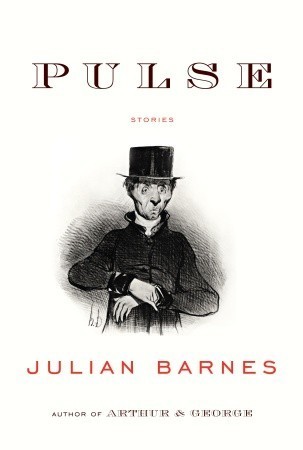More on this book
Kindle Notes & Highlights
Of all our senses, it is the one with the broadest application, from a brief impression on the tongue to a learned aesthetic response to a painting. It is also the one that most describes us. We may be better or worse people, happy or miserable, successful or failing, but what we are, within these wider categories, how we define ourselves, as opposed to how we are genetically defined, is what we call ‘taste’. Yet the word – perhaps because of its broad catchment area – easily misleads.
and in the rewinding of memory we may discover that even the deepest and longest love relationships rarely start with full recognition, with ‘you must be mine’ pronounced in a foreign tongue. The moment itself may be disguised as something else: admiration, pity, office camaraderie, shared danger, a common sense of justice. Perhaps it is too alarming a moment to be looked in the face at the time;
read somewhere that those who are close to someone who’s seriously ill often take to doing crossword puzzles or jigsaws in their hours away from the hospital. For one thing, they don’t have the concentration for anything more serious; but there’s also another reason. Consciously or unconsciously, they need to work at something with rules, laws, answers, and an overall solution; something fixable.


